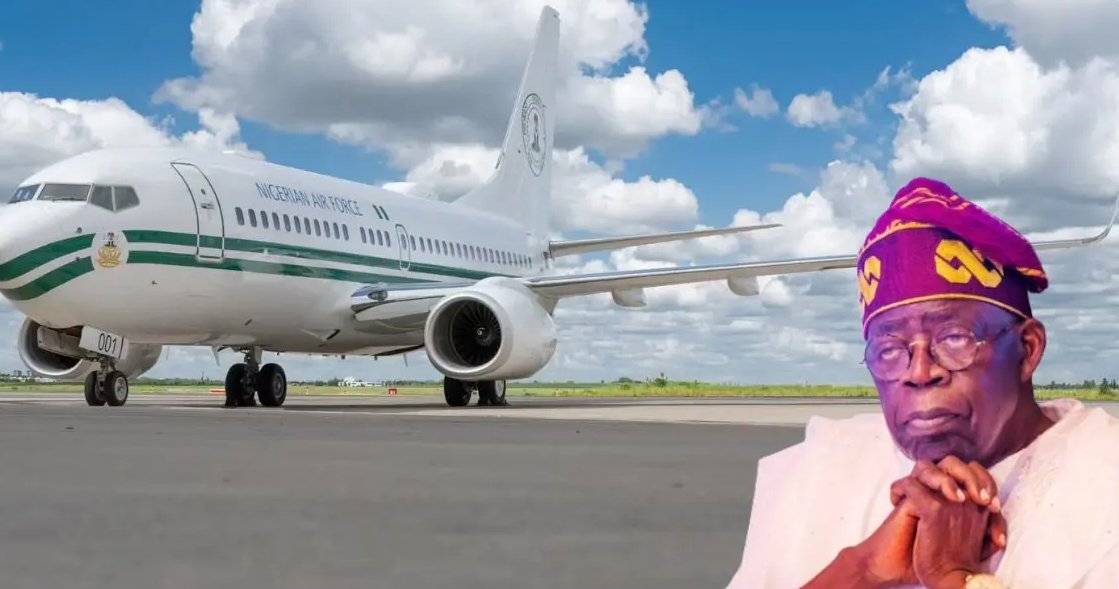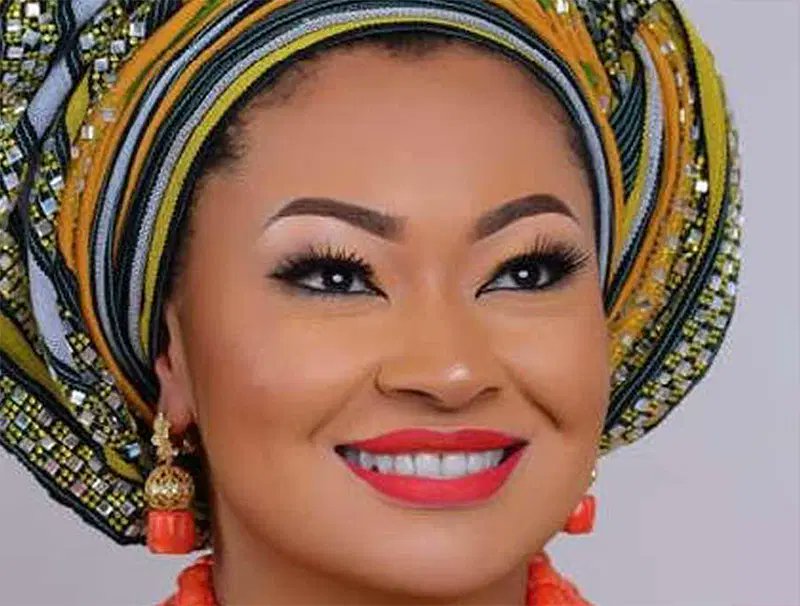
BREAKING: Federal Government Puts Obasanjo-Era Presidential Jet Up for Sale in Switzerland

In a bold cost-cutting move that’s already generating national buzz, the Federal Government of Nigeria has officially listed one of its presidential aircraft—originally acquired during the administration of former President Olusegun Obasanjo—for sale in Switzerland.
The aircraft, a Boeing 737-700 BBJ (Boeing Business Jet), was flown extensively for nearly two decades and is now being decommissioned and offered to international buyers.
The listing, currently handled by AMAC Aerospace in Basel, comes on the heels of the Federal Government’s ongoing efforts to overhaul the Presidential Air Fleet (PAF) and reduce the financial burden of maintaining aging aircraft.
Sources within the presidency say the decision was driven by concerns over both safety and escalating maintenance costs.
The 2005 BBJ, which once served as Nigeria’s pride in the skies, is configured for luxury. It boasts five specialized passenger zones, including a private bedroom suite, a VIP lounge, a business-class meeting area, and a 33-seat capacity, excluding crew.
Despite its plush features and presidential pedigree, the aircraft has become increasingly expensive to sustain and reportedly encountered technical faults in recent years, including a troubling malfunction in Saudi Arabia during a high-level diplomatic mission.
President Bola Ahmed Tinubu, who has pledged to run a leaner and more efficient government, approved the sale as part of a broader review of all government assets.
The decision aligns with his administration’s fiscal responsibility agenda, which has come under intense scrutiny amid rising national debt, spiraling inflation, and the deepening cost-of-living crisis faced by ordinary Nigerians.
The new Airbus A330-200, acquired by the Tinubu administration in July 2024, is expected to replace the aging Boeing in the Presidential Fleet.
This upgraded aircraft comes with modern safety features, longer range, and is designed for better operational efficiency. It reflects a pivot towards modernization in Nigeria’s air mobility infrastructure for top government officials.
Yet, questions are already being raised about transparency in the process. Critics are demanding full disclosure of the terms of sale, including the expected proceeds and how they will be utilized.
Many argue that if this sale is truly about austerity, then the government must ensure the funds are reinvested in critical sectors like education, health, and security.
Security analysts also note that this development may hint at deeper restructuring within the Nigerian Air Force, which oversees the Presidential Air Fleet.
With the cost of governance under the spotlight, symbolic decisions like this are likely intended to win public support and send a signal to other government ministries to eliminate waste.
As at press time, the exact asking price for the aircraft has not been disclosed.
However, aviation experts suggest that based on its current configuration and hours logged, the jet could fetch millions of dollars on the private jet market—money that could offer some breathing room in the government’s tightening budget.
Whether this is just the first in a series of asset liquidations remains to be seen. But one thing is clear: Tinubu is taking visible steps to distinguish his presidency from the opulence of previous regimes.
The question now is whether symbolic gestures like this will translate into real economic relief for the Nigerian people—or if it’s merely a show of reform with little impact on the streets.


